10 Recommended Ways To Reduce Cholesterol Levels
Cholesterol is a waxy substance needed to make healthy cells, but having too much of it causes a buildup in the blood vessels, which blocks oxygen from flowing through arteries to the rest of the body. High cholesterol affects more than one hundred million Americans and increases the risk of heart attack, heart disease, and stroke. Although it can be genetic, high cholesterol is most often the result of an unhealthy lifestyle. Here are ten safe and efficient ways to lower cholesterol.
10. Statins
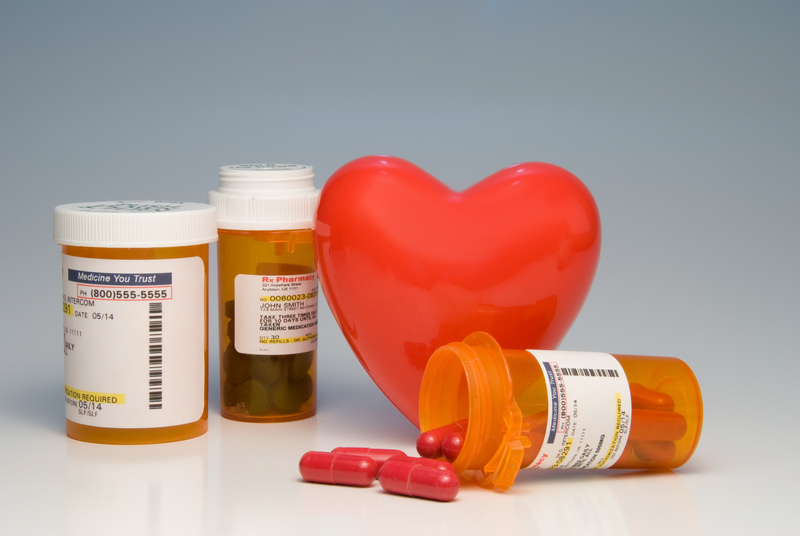
Statins are a generic type of prescription drug known for lowering cholesterol. Examples include Lipitor, Crestor, and Zocor, which have all been shown to reduce cholesterol levels by fifty percent. But these wonder drugs do not come without consequences. Reported side effects include muscle inflammation, increased liver enzymes, kidney failure, nausea, drowsiness, abdominal distress, and in rare cases, death. Statins also deplete levels of CoQ10, which is needed for energy production by every cell in the body.
9. Bile Acid Sequestrants
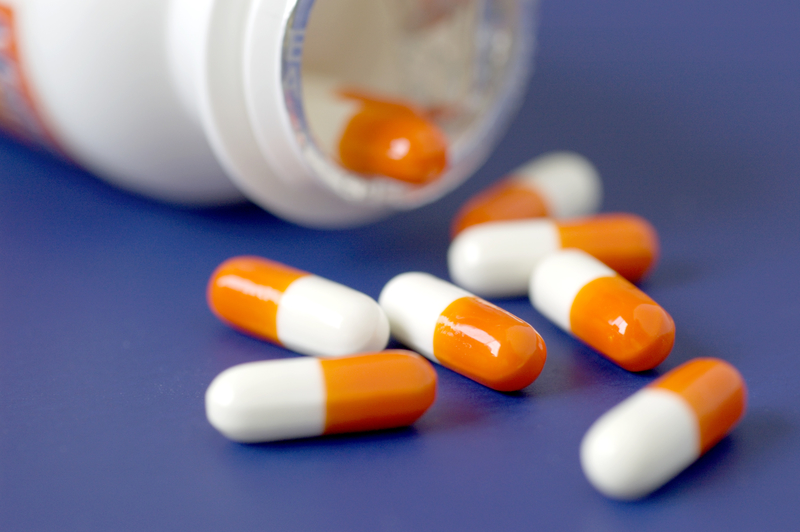
Bile acid sequestrants are prescription drugs that lower “bad” LDL cholesterol levels by up to twenty percent. They work by tricking the body into producing extra bile, a digestive juice that aids in fat metabolism. Bile also binds to cholesterol and carries it to the gastrointestinal tract where it can be excreted. Watch out for side effects, which can include constipation, stomach pain, and nausea. Bile acid sequestrants require you to take a lot of them for them to work, which can also have negative consequences.
8. Niacin
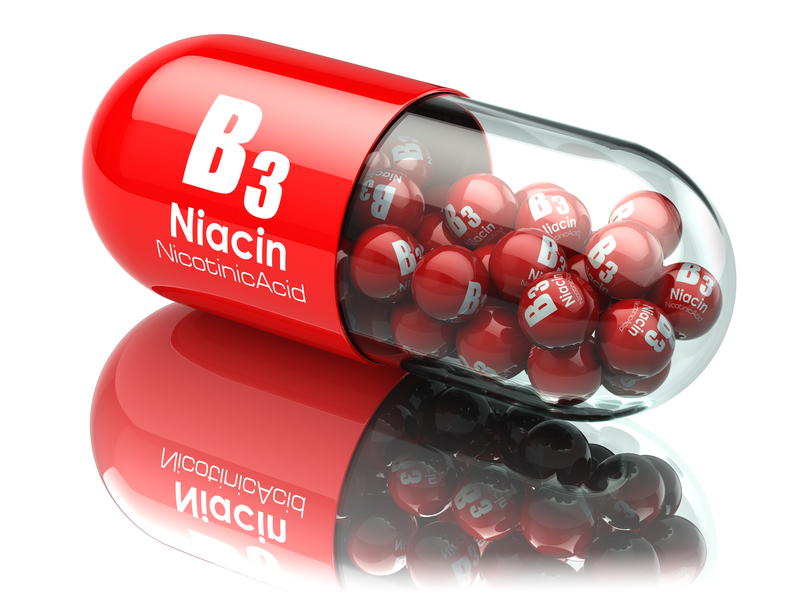
Niacin is a B vitamin with many health benefits, including lowering triglyceride and cholesterol levels in the body. Niacin also raises HDL, or “good” cholesterol, so your cells get the cholesterol they need for proper formation without the buildup in your arteries. Niacin is a much safer option than prescription drugs as it does not have any serious side effects when taken in safe amounts. Many supplements only need to be taken once per day. In high doses, niacin can raise blood sugar and may cause liver problems, so consult a doctor before taking.
7. Lovaza
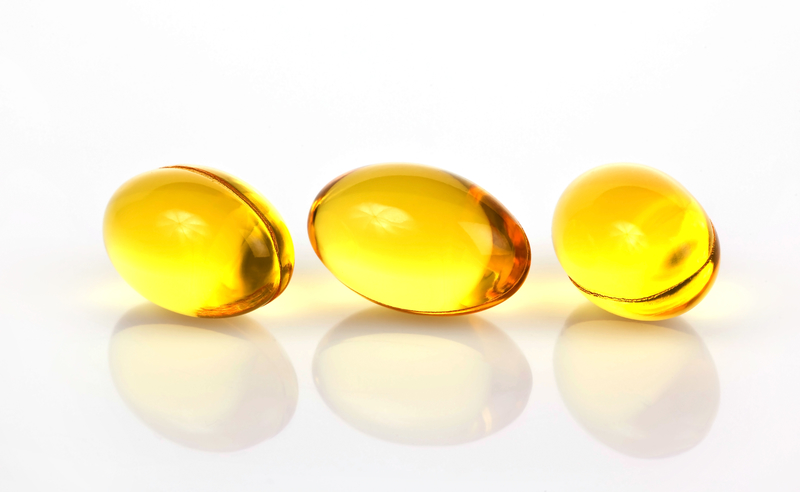
Lovaza is a prescription drug containing omega-3 fatty acids, which can help lower cholesterol and triglyceride levels in people with unhealthy amounts. One Lovaza pill contains nine hundred grams of omega-3 fatty acids from fish. Side effects may include upset stomach, infection, and flulike symptoms. Taking a fish oil supplement may also be helpful in providing omega-3 fatty acids without unwanted side effects. Look for one that is sourced through sustainable measures and does not contain any added chemicals.
6. Healthy Diet
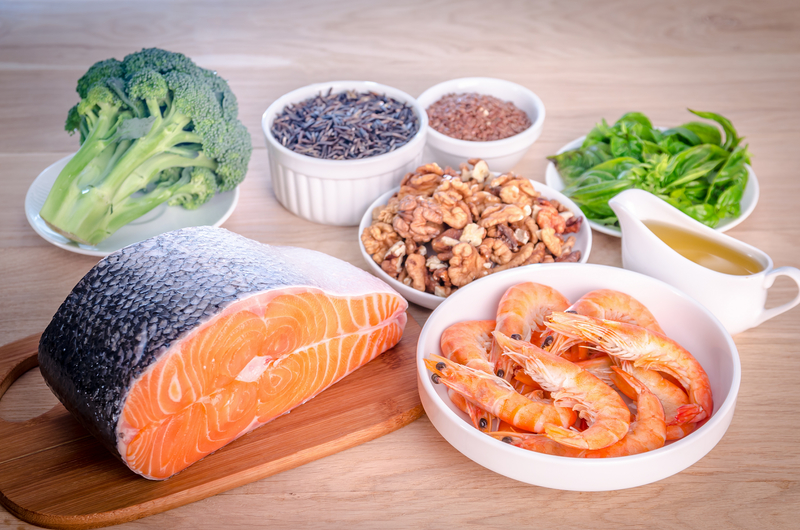
Diet plays a huge role in cholesterol levels. Choosing meals such as wild caught salmon and vegetables over cheeseburgers and French fries can lower cholesterol by twenty percent. For some people, diet changes alone are not enough to lower cholesterol levels; therefore, it is best to try a combination of things such as a healthy diet and exercise for best results. In other cases, diet changes may be enough for the doctor to take his patient off cholesterol-lowering medications.
5. Zetia
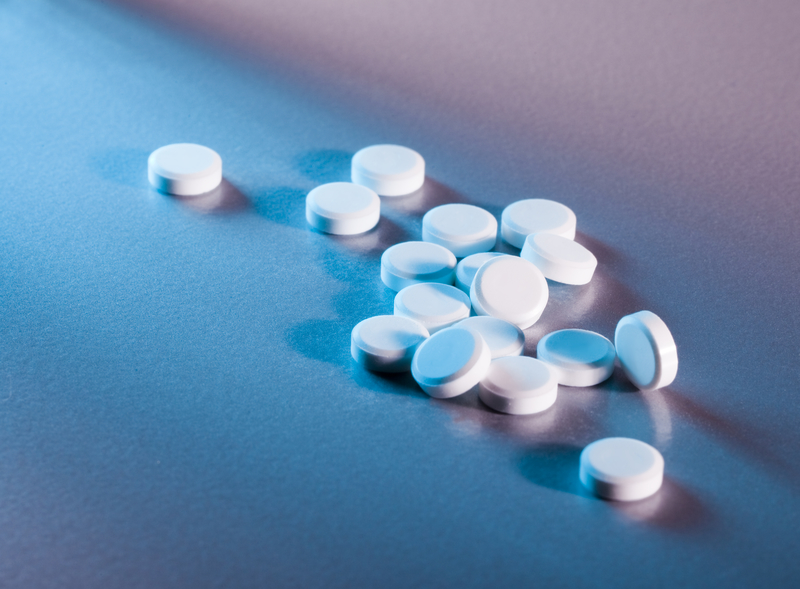
Zetia is a drug used to lower cholesterol levels. It works by inhibiting the absorption of cholesterol in the intestines. Experts say there is little downside to the drug and it is very well tolerated in most people. It has been shown to reduce cholesterol levels by about twenty percent. Zetia does not come in a generic form, and it is not as effective as statins at lowering cholesterol.
4. Fibrates
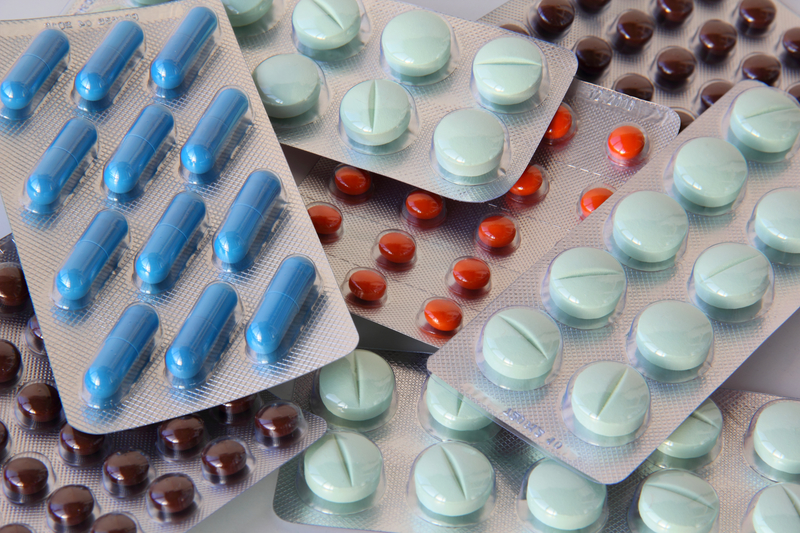
Fibrates are prescription drugs including Tricor and Lopid that may be able to lower triglyceride levels by up to fifty percent and raise HDL or “good” cholesterol levels by up to thirty-five percent. One of the reported cons of these drugs is they do not do much regarding lowering “bad” or LDL cholesterol. They may also cause lots of unwanted side effects such as upset stomach, bloating, gas, digestive upset, nausea, and headaches.
3. Red Yeast Rice

Red yeast rice derives from a fungus that grows in red rice. It contains small amounts of lovastatin, which is a cholesterol lowering compound that might be tolerable for people who cannot take statin drugs. According to endocrinologist Doctor Jacob Warman, red yeast rice works differently for everyone but “it always works to some extent.” A 2008 study found a one hundred fold difference between different brands of red yeast rice supplements, so be sure to read the packaging for proper dosage levels.
2. Exercise

Exercise works by raising “good” or HDL cholesterol in the body while reducing “bad” or LDL cholesterol. Exercise has been shown to decrease the risk of death in people who have had a heart attack by twenty-five percent. Finding time to exercise takes more effort than popping a pill, but it is a much safer way to reduce cholesterol. Start small by taking a thirty-minute walk around your neighborhood three times a week and gradually add in resistance training.
1. Fiber
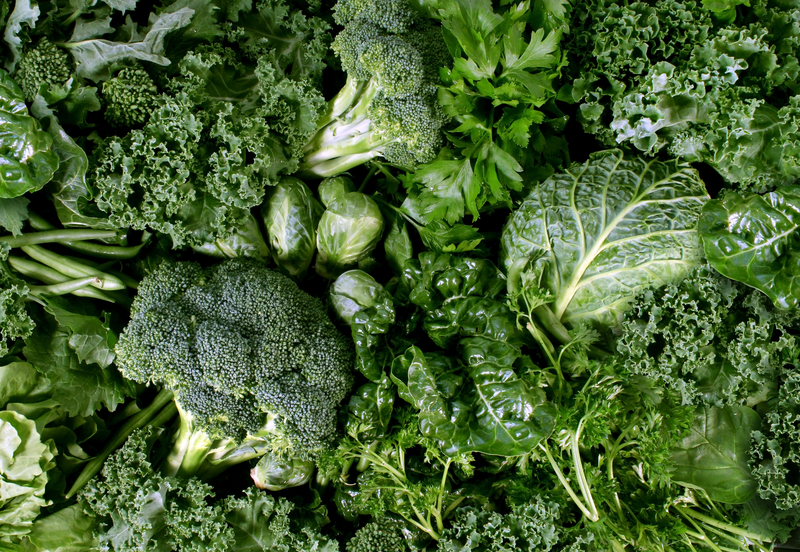
Including more dietary fiber in your diet is nature’s way of treating high cholesterol. It works by binding to cholesterol and moving it out of the body. Eating foods high in fiber, such as beans, fruits, and vegetables, may lower cholesterol levels by five percent. Fiber also helps you feel full for longer periods of time, so you may not be as tempted to reach for high cholesterol or fatty foods in the first place.
